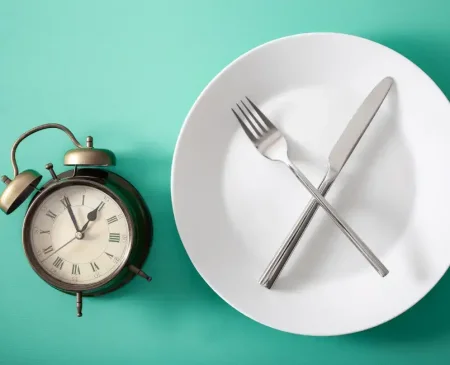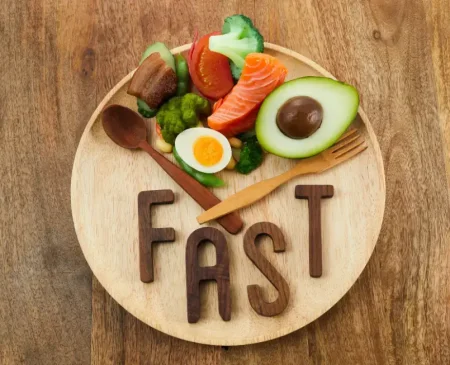How does Exercise benefit women throughout their lives … 25 years +
As a younger woman, your goals in exercise are probably focused around staying slim and lean, naturally supporting your shape, and staying fit while working in an office-based job. Finding a suitable exercise routine is key, but you also need to take into account your diet, sleep, rest and recovery to get the most out of it.
How much exercise?
The recommendation is that women take at least 150 minutes of gentle to vigorous exercise per week. What does that mean in real life? You can choose to do a brisk 30-minute walk at lunchtime every weekday. Or you can head to the gym 2-3 times per week. You could also make time for a decent hike at the weekend. Ideally, you should aim to hit those 150 minutes every week as a young woman because your body is still building. You should aim to build up muscle and strength all the time.
Regular exercise helps build strength, boost metabolism, and maintain muscle mass, which naturally declines with age.
Join a Gymplus class today to stay active and achieve your fitness goals!
What type of exercise?
Whether you are training just to stay fit, or are training for a specific goal (e.g. marathon, team sport, etc), you should choose a mix of aerobic and weight training. Aerobic exercise like running, cycling or swimming builds your endurance. Explore our cardio classes at Gymplus for a fun Weight-bearing exercises such as weight lifting play an important role in your exercise routine, even though this becomes more important as you age because you naturally start to lose muscle mass. But you should work on your strength and balance all the same. Yoga and Pilates both help build strength and balance, as do floor-based exercises like single leg stand, leg squats, leg raises, etc all build balance too.

What kind of diet?
Nutritional Science is probably the most researched science, with new discoveries being added literally every month. This makes for a very confusing field of knowledge which can leave even the most well-informed woman feeling overwhelmed or out of date. The good news is that eating is actually a pretty simple job that can be got right easily enough, despite what it sounds like.
Women deal with an orchestra of hormones on a monthly and daily basis. As hormones affect how we feel, sleep, and how much energy we have, it is vital to look after them. Hormones are chemical messengers that are made every split second using nutrients circulating in your blood. Hormones are affected by fluctuations in blood sugar levels, so keeping your blood sugars straight is the first step towards happy hormones.
Eat three meals per day, adding 2-3 snacks if needed. Avoid going for long periods of time without eating, instead aim to have regular intervals between meals or snacks. So, during the day, aim to eat every 2-3 hours. Avoid using caffeine or sugar-laden snacks to bump up your energy. Avoid skipping meals.
How much protein?
Protein keeps your blood sugar levels balanced, it also helps build your muscles and aids recovery after exercise. How much protein is enough? You should aim for roughly 50-60g protein per day, this can be broken down into: an egg at breakfast, some tuna or beans with lunch, and a chicken breast at dinner. No need to extra supplements or special diets. Women should also keep their into levels checked, if you’re feeling unusually tired or out of breath, visit your GP to get a blood test. You may be running low on iron.
Rest and Recovery – downtime
Hormones are affected by stress and a lack of sleep (and will cause stress and a lack of sleep if not managed right!). To keep yourself in balance, reduce the stressors in your life or learn how to deal with stress. Exercise releases endorphins, the feel-good hormones, and thus is a wonderful stress-buster.
Ensure adequate sleep as this will improve your blood sugar levels during the day, will help your recovery after a gym session, and will set you up with plenty of energy to get through the day. If you don’t eat right your sleep can be disturbed. Your sleep will be better if you exercise regularly during the week.
Hydration – how much water?
Hydration is key to performance. Just how much water do you need? That depends on your exercise routine. A good rule to follow is to aim to drink 1 l water before lunch and another 1 l water after lunch. Also always carry a water bottle around with you at the gym, take regular sips and aim to rehydrate immediately after the gym. Dehydration will decrease your performance and output in the gym, this is frustrating and might even lead to unintended injury. Water, cooled herbal teas or diluted fruit juices are your best choices.
Learn to take time out for yourself
It’s always a good time to start learning to take time out for yourself. Put your phone and other devices out of reach and allow yourself to just be. This allows you to relax, unwind, and find time for hobbies or activities away from the busy phone and all its demands. As women, we tend to be pleasers and can forget about our own needs easily. If you create a healthy habit of putting yourself first now, such as taking time out to exercise and go to the gym, you will reap the benefits for years to come.
Final Thoughts
Exercise isn’t just about staying fit—it’s a lifelong investment in your health. By following a balanced routine of aerobic workouts, strength training, proper nutrition, and self-care, women aged 25+ can enjoy increased energy, mental clarity, and overall well-being.
Ready to take control of your health and fitness?Join Gymplus today and discover personalised fitness programmes designed to help you thrive at every stage of life!


